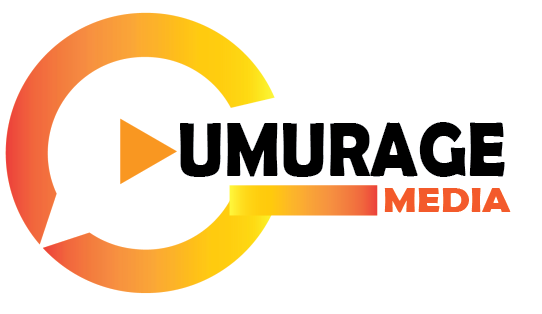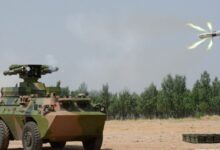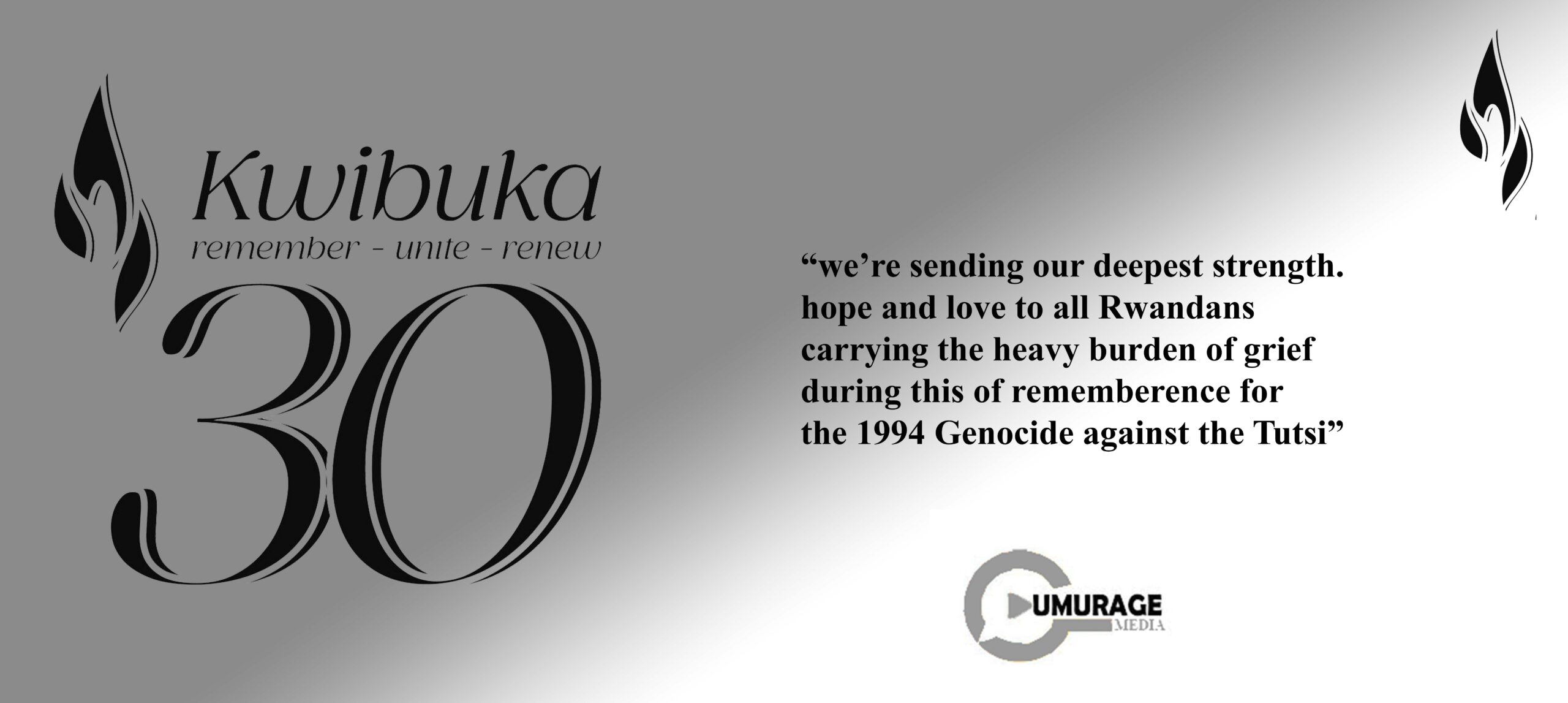JOb opportunities at King Faisal Hospital Rwanda Foundation (KFHRF)

King Faisal Hospital Rwanda Foundation (KFHRF) is a non-profit Foundation dedicated to supporting the growth of Rwanda’s health sector. Through various programs, partnerships, and services at King Faisal Hospital Rwanda and other hospitals across the country, the Foundation strives to enhance specialized medical care, facilitate clinical research, promote education and capacity building, and advance social welfare initiatives. Currently, KFH is undergoing plans to expand to 600+ beds with appropriate adjustments made also to diagnostic and support services to serve the community over a 30-plus year horizon.
- Project Quantity Surveyor at King Faisal Hospital Rwanda Foundation (KFHRF)
Key Responsibilities:
- Cost Estimation and Budgeting: Analyzing design proposals to estimate the costs associated with construction resources required for the project. Developing accurate cost estimates and budgets to ensure that the proposed designs align with the project’s financial parameters.
- Value Engineering: Collaborating with the design team to identify opportunities for value engineering. This involves evaluating design alternatives and proposing cost-effective solutions that maintain or enhance project quality while minimizing costs.
- Risk Assessment and Management: Assessing the financial risks associated with design decisions and identifying strategies to mitigate these risks. This may involve identifying potential cost overruns, variations, or other factors that could impact the project budget and developing contingency plans to address them.
- Procurement Planning: Providing input on procurement strategies and advising on the selection of contractors, suppliers, and vendors based on cost considerations. Assisting with the preparation of tender documents, contract specifications, and procurement schedules to ensure that procurement activities align with the project budget and timeline.
- Cost Control and Monitoring: Monitoring project costs Throughout the design process, design review, and construction phase, diligently monitor project costs to ensure adherence to budgetary constraints. This involves tracking variations and change orders, analyzing their impact on project costs, and providing advice on appropriate cost management strategies.
- Documentation and Reporting: Maintaining accurate records of cost estimates, budget allocations, procurement activities, and project expenditures. Generating reports and presenting cost-related information to KFH Facilities and other project stakeholders, including design teams, project managers, and clients.
- Compliance and Regulations: Ensuring that design proposals comply with relevant regulations, codes, and standards related to cost management and construction practices. Advising on cost implications of regulatory requirements and assisting with regulatory approvals as necessary.
- Collaboration and Communication: Collaborating effectively with the design team, project managers, contractors, and other stakeholders to ensure alignment on cost-related issues. Communicating regularly with stakeholders to provide updates on cost estimates, budgetary status, and any cost-related risks or opportunities.
2. Project Architect
Key Responsibilities:
Oversee architectural Design and Development:
- Lead the review of conceptualization, development, and refinement of architectural designs in alignment with project objectives and client requirements.
- Translate client briefs and design guidelines into innovative and functional architectural solutions that optimize space, aesthetics, and functionality.
- Utilize advanced knowledge of architectural principles, building codes, and regulations to ensure compliance and safety standards are met throughout the design and execution process.
Project Coordination and Collaboration:
- Work closely with the project manager and the all teams to integrate architectural designs seamlessly into the overall project scope.
- Facilitate coordination meetings, design reviews, and presentations to communicate design intent, resolve conflicts, and ensure alignment across all project phases.
3. Project Civil Engineer
Key Responsibilities:
- Project civil engineering oversight: Take a lead role in overseeing all civil engineering aspects of the project, ensuring compliance with local regulations, international standards, and project requirements. Provide technical expertise and guidance on civil engineering matters, including structural integrity, construction materials, and environmental considerations.
- Team Collaboration: Work collaboratively with the KFH Facilities and other project stakeholders, Consultants, and contractors, to coordinate civil engineering activities and ensure smooth project progression.
- Design Review: Participate in design reviews and provide valuable input from a civil engineering perspective to optimise designs for efficiency, cost-effectiveness, and sustainability.
- Quality Assurance: Implement rigorous quality assurance processes to guarantee that all civil engineering works meet the highest Hospital standards of quality and safety.
- Construction Management: Supervise and monitor civil engineering activities on-site, resolving any technical issues that may arise promptly.
- Budget and Schedule Management: Assist the Project Manager in managing the project’s schedule related to civil engineering tasks, ensuring timely completion within allocated resources.
- Risk Management: Identify potential risks related to civil engineering aspects of the project and develop mitigation strategies to minimize their impact on project delivery.
- Progress Reporting: Prepare regular progress reports on civil engineering activities, highlighting achievements, challenges, and deviations from the project plan.
- Client Liaison: Serve as the primary point of contact for civil engineering-related inquiries from the KFH Facilities, providing timely updates and addressing any concerns they may have.
4. Project Administrator
Responsibilities
- Technical Documentation Management: Develop and maintain technical documentation for infrastructure projects, including drawings, specifications, and reports.
- Stakeholder Engagement: Liaise with relevant stakeholders, including government agencies, contractors, and consultants, to ensure smooth implementation of infrastructure projects.
- Reporting and Documentation: Prepare detailed reports, presentations, and other documentation to communicate project updates, findings, and recommendations to stakeholders.
5.Project Manager
Key Responsibilities:
- Project Oversight: Take a lead role in overseeing all aspects of the healthcare facility construction project, ensuring compliance with local regulations, international standards, and project requirements outlined in the FIDIC contract. Provide strategic direction and decision-making to ensure project success.
- Team Collaboration: Foster collaboration among all project stakeholders including consultants, contractors, and relevant parties to ensure seamless coordination and communication throughout the project lifecycle.
- Contract Management: Demonstrate expertise in FIDIC contract management principles, overseeing contract administration, claims management, and ensuring adherence to contractual obligations by all parties involved.
- Risk Management: Identify, assess, and mitigate project risks, with a particular focus on those related to healthcare facility construction. Develop and implement risk management strategies to minimize the impact on project delivery.
- Budget and Schedule Management: Take responsibility for managing project budgets and schedules, closely monitoring expenditures, and progress against milestones outlined in the project plan.
- Quality Assurance: Implement robust quality assurance processes to uphold the highest standards of quality and safety throughout all phases of construction, ensuring compliance with healthcare facility design standards and specifications.
- Stakeholder Communication: Serve as the primary point of contact for all project-related communications, providing regular updates to stakeholders, addressing inquiries, and resolving issues in a timely and efficient manner.
- Progress Reporting: Prepare comprehensive progress reports documenting project achievements, challenges, and deviations from the project plan, ensuring transparency and accountability throughout the project lifecycle.
- Client Liaison: Maintain strong relationships with the client, addressing their needs and concerns, and ensuring their satisfaction with project progress and outcomes.



























